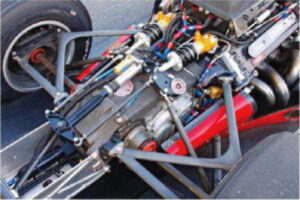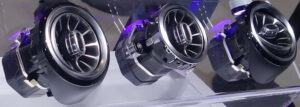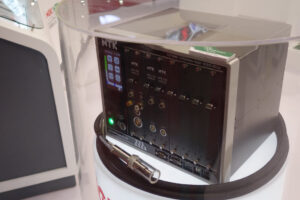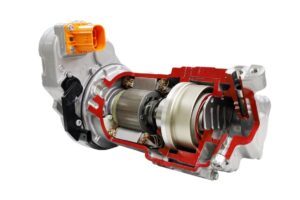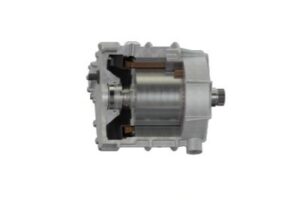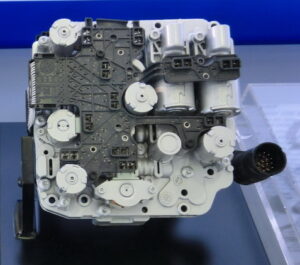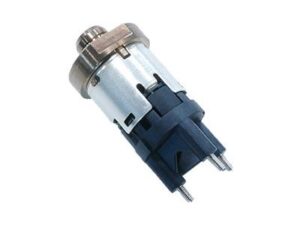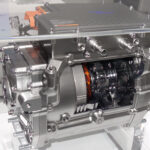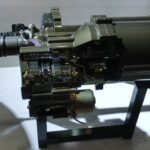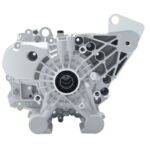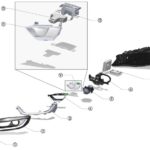The IAA Transportation trade fair will see Continental present sustainable and functional surface solutions for the diverse requirements in the driver’s cab.
The path to carbon-neutral products presents challenges in many areas such as raw materials, production processes and energy consumption. For sustainable product design at Continental, substituting classic petroleum-based raw materials with recyclable and bio-based raw materials is crucial. The surface specialists are also focusing on degradable solutions in development processes, and current sustainability measures are flanked by continuous efforts to substitute critical contents and minimize emissions and odors.

Nature leads the way: Every plant and animal has a unique talent for integrating perfectly and harmoniously into the ecological cycle. With their sustainable product design approach, Continental’s experts follow this example and continuously develop innovative surface solutions with unique product properties. In this way, their solutions enable the realization of sustainable vehicle interiors and positively contribute to the vehicle’s life cycle assessment.
One example of these solutions is Benova Eco Protect. With its unique product features, it represents an essential milestone in the development of sustainable vehicle interiors. The innovative material is exceptionally hard-wearing and highly durable. It also offers new possibilities for interior design trends.
Recycling is an essential step toward conserving resources. The goal is to close the cycle of a product. The development of single-variety composites – monomaterials – enables recycling processes from which high-quality raw materials for new or original products can be generated. Xpreshn, the material for door panels and the instrument panel, can also be realized as a completely recyclable monomaterial, which means that it can be returned to the circular economy in its entirety.
Xpreshn also offers solutions for recycling concepts with entire components, if the carrier component and the surface are made of the same materials, for instance. Then they can be recycled together at the end of their service life.
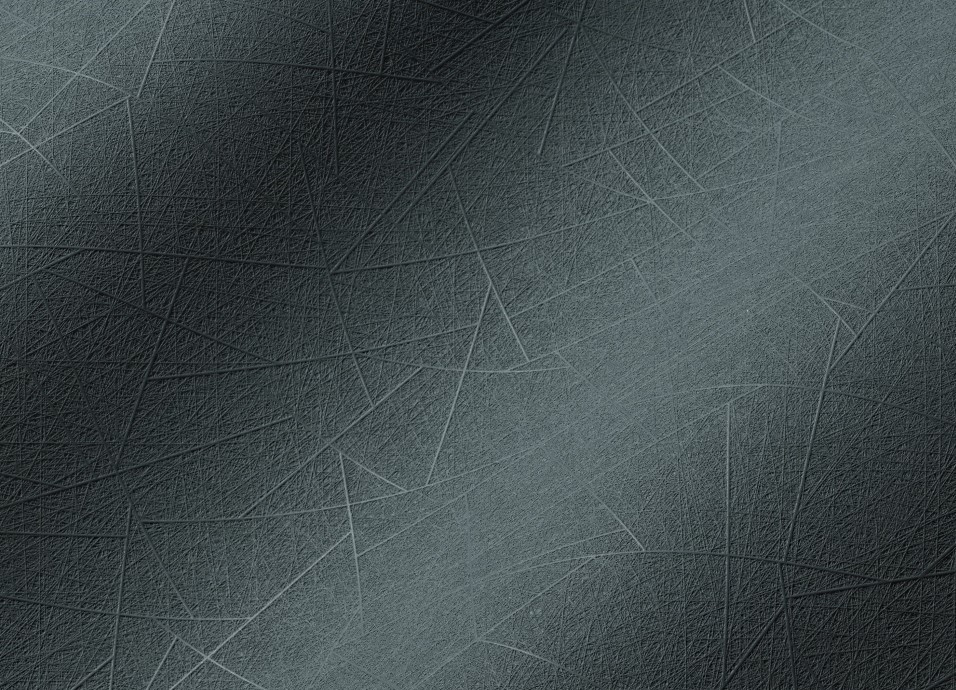
For example, Acella synthetic leather is a durable product with recycled materials and bio-based raw materials combined with a rPET textile. The yarns to produce the textile for the rear coverings are made from recycled plastic bottles. As a robust and easy-to-clean product with a range of highly variable designs, Acella whets the customer’s interest in sustainable products and does not compromise on product properties.

